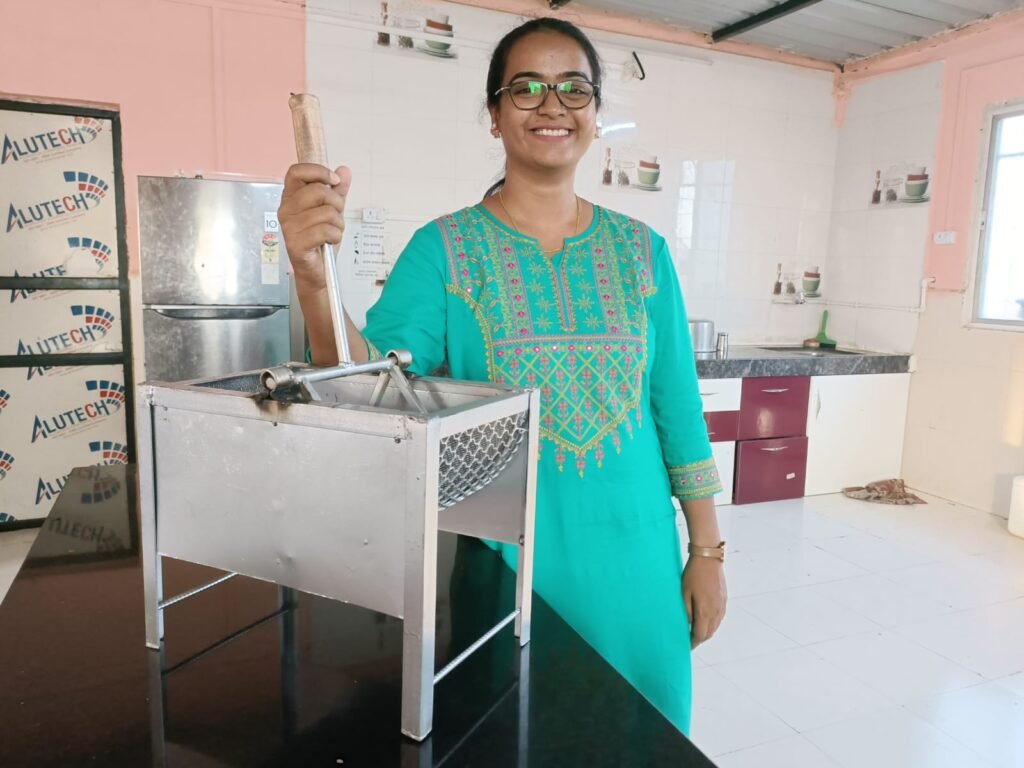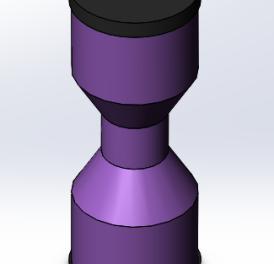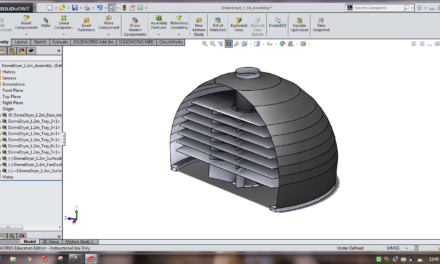
Problem Statement:
The Food Lab at Vigyan Ashram is currently developing a healthy and easily digestible instant puran for making Puran Poli, a traditional Maharashtrian dessert. Typically, harabhara/chana dal is utilized for puran, which can be heavy on digestion. To address this, we have introduced sprouting to render the puran more digestible, facilitating quick preparation at home. Traditionally, making puran involves a lengthy process; however, we are diligently working to streamline this method without compromising its nutritional integrity.
However, the removal of the skin from chana/Harbhara is a critical task. Grinding some of the Harbhara with its skin can adversely affect the texture of the puran.
Objective: To remove harbhara /chana /chickpeas skin to improve instant puran texture, optimize the process, and conserve the nutritional values of puran.
Empathy: General procedure for sprouting:
- Rinse the grains, beans or legumes well and then soak them in a large bowl filled with water. Add double the amount of water of the ingredient taken, as the ingredient will absorb water while sprouting
- Throw away any floating grains or legumes or debris to avoid wastage
- Cover the mouth of the container with a muslin cloth and close it tightly
- Keep the bowl at room temperature and let it stay for 3-12 hours depending on the type of grain used (For instance, kala chana and red bean should be soaked overnight to sprout well
- Drain the water through a fine muslin cloth and then run fresh water through the lid and shake well to rinse the sprouts thoroughly. Repeat this process twice a day until all the legumes or grains sprout (it can take about 4-5 days to sprout).
Side-Effects & Allergies of Sprouts
Sprouts have been found to cause salmonella, e coli bacteria and virus attack in the body. This is caused when low quality sprouts are used. People have developed bouts of fever and diarrhea when low quality sprouts were consumed, and some people developed abdominal cramps. Sprouts if grown in a wrong manner may harvest harmful bacteria and this would negate the good effects on the body.
Market survey:
- Hummus Grinding Machine|Chickpea|Gram Butter Grinding Equipment Colloid Mill

MOQ: 1 Set/Sets
Brand: GELGOOG MACHINERY
Supply Ability: 200 Set/Sets Per Month
| Model | Capacity(kg/h) | Power(kw) | Voltage | Dimension(mm) |
| GGJMS-80 | 50-70 | 220V/380V | 400*410*930 | 150 |
2.Automatic Gram Peeling Machine, For Industrial, 50 Kg -3000 Kg
₹ 1,65,000/ Piece
Country of Origin: Made in India
I Deal In: New Only
Capacity: 200 kg/hr

Food lab requirement- 10kg/hr
Average size of chick peas- 7mm

Empathy:
Procedure:
- Initial quality -120gram
- Final quality -100 gram(After removing skin)

Manual processing

Sugar- 20 gram
Jaggery – 82 gram

Boil chickpeas in water for approx 90-95 minutes

Add jaggery, elaichi powder and sugar after removing water

Grind the mixture by using a kitchen grinder.

Dry mixture for 7-8 hrs in solar drier.
- Method no.1- remove chick peas skin by using conical vessel and wood block with diff

Aim: To remove wet chickpeas skin/ Harbhara Skin and optimize instant puran process
Timeline:

Brainstorming points:
- Monitor sprouting duration without skin. Monitor sprouting duration with skin (every 2 hours).
- Use hot or cold water for soaking the sprouted chickpeas and remove the skin.
- Use an oven or microwave to remove chickpea skins.
- Use a solar dryer and monitor skin removal per hour.
- Use steam for skin removal and monitor the process.
- Experiment
Aim: Monitoring the Sprouting Process and Removing Outer Skin to Assess its Impact on Sprout Growth.
- Soaking Duration: 3 hours (using warm water)
- Sprouting Duration: Approximately 16 hours
Without Skin:
| Sample(10 gram) | Time | Sprout Length in mm |
| 1 | 10:00AM | 6.34 |
| 2 | 12:15PM | 7 |
| 3 | 02:15 PM | 8.5 |
| 4 | 04:15PM | 8.8 |
| 5 | 06:15 PM | 9.5 |
| 6 | 08:15 PM | 10.8 |
With skin:
- With skin- 20.5 mm ~ 0.85 inch
Observation: The growth of the sprout is more as compared to without the skin of harabhara/chana.
- Without skin- 19.5 mm ~0.75 inch
2.Experiment
Use hot or cold water for soaking the sprouted chickpeas and remove the skin.
Observation: It is observed that removal of chana/ harabhara skin is not easy by doing this method
3.Experiment
Use a solar dryer and monitor skin removal per hour.
Observation: It is observed that chana/harabhara skin was easily removed after 5.5 hrs.
| Time | Temperature(𝇈c) (Outside) | Temperature of solar dryer (𝇈c)(Inside) |
| 10:35AM | 21.1 | 30.3 |
| 12:00PM | 32.5 | 36.6 |
| 01:00 PM | 29.6 | 36 |
| 02:00PM | 33.4 | 38.7 |
| 03:00 PM | 30 | 40.1 |
| 04:00 PM | 28 | 33.5 |
4. Experiment
Use an oven or microwave to remove chickpea skins. And Use steam for skin removal and monitor the process.
Observation: It is observed that chana/harabhara cooked during this process, and it was not easy to remove the skin.
Fabrication of Mechanism:
I used existing peanut skin removal mechanism with modification of sand segregation mesh to remove chickpeas skin.
When you move handle back and forth the chickpeas get separated from its outer skin.





